Before the training
Managers can often be heard saying: ‘I’ve sent staff onto courses but it’s a waste of time. They come back and carry on doing things the same as before. What’s the point?’ This is understandable in these circumstances because, after all, training is supposed to enable change and improvement at work. HAD offers training consultancy services to overcome these blockages and maximise the effectiveness and long-term impact of training.
Before the training
Managers can often be heard saying: ‘I’ve sent staff onto courses but it’s a waste of time. They come back and carry on doing things the same as before. What’s the point?’ This is understandable in these circumstances because, after all, training is supposed to enable change and improvement at work. HAD offers training consultancy services to overcome these blockages and maximise the effectiveness and long-term impact of training.
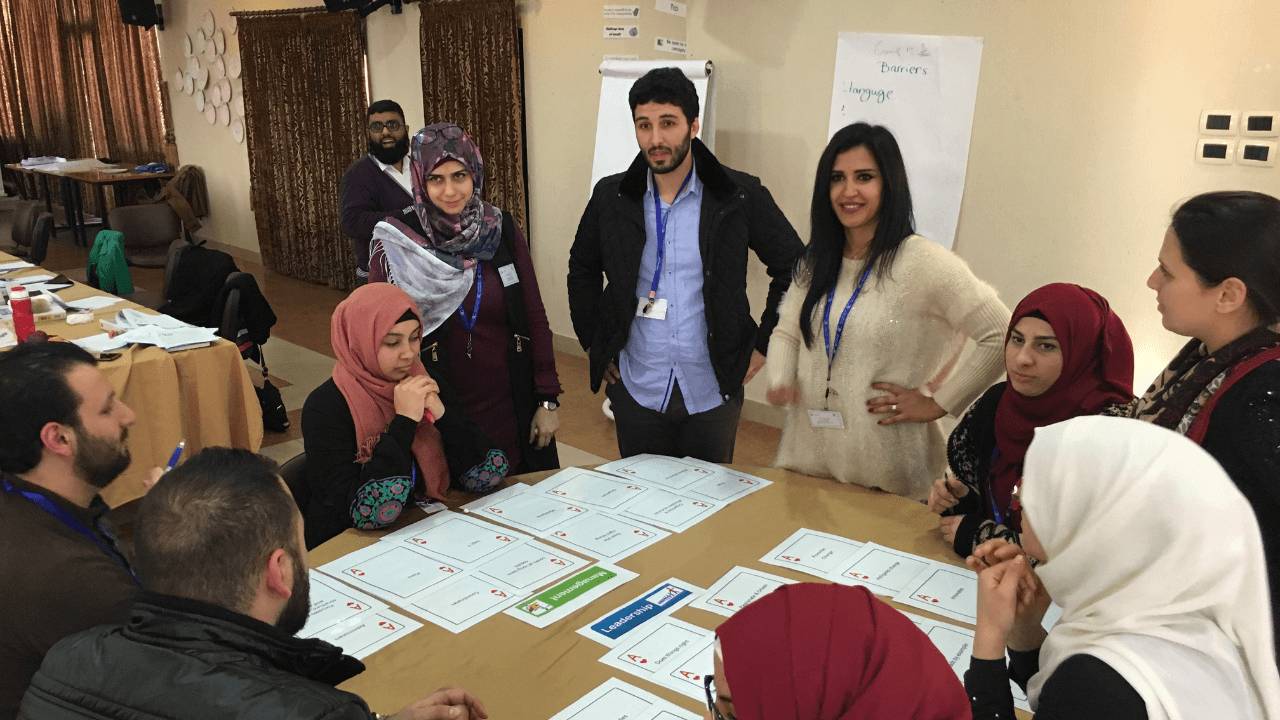
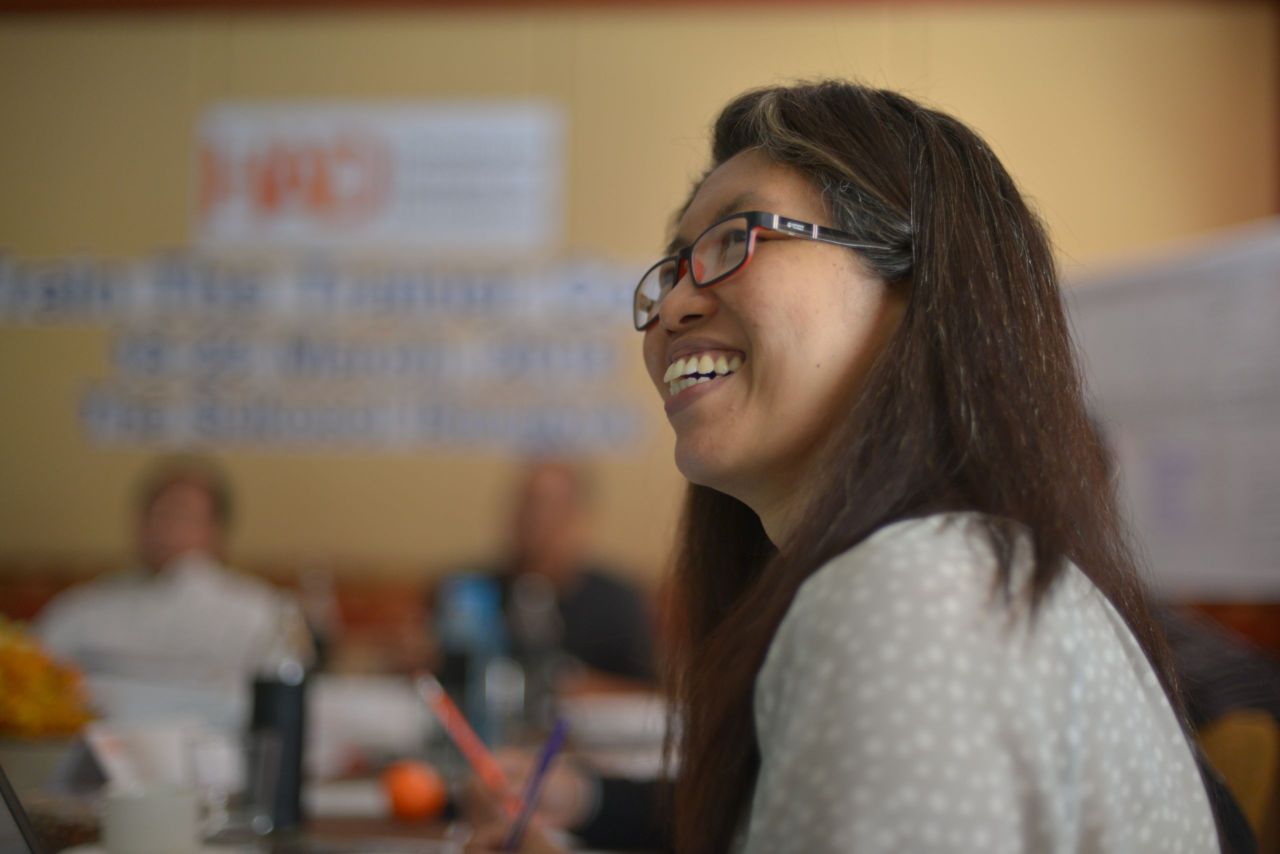
After the training
Our innovative ‘wrap-around’ service can ensure transference of the learning into working practices. After the course, using coaching, mentoring and progress-chasing, we work with the participants and their managers to see their action plans implemented. We guide, support and progress-chase the application of what was learned, and thus see it embedded into working practices to the benefit of the individual, job, team and employer.
How it works

Corporate Training Needs Analysis (TNA)
The ITN examines an individual’s training needs. The TNA does much the same thing but now with a focus on competence gaps and learning needs across the entire organisation. The approach will be tailored to the needs and preferences of the particular employer.
However, the analysis will typically be conducted collectively with the Board (Executives and/or perhaps Trustees), management teams and workgroups plus, one-by-one, the MD/CEO, HR Director/Manager, other leaders and individuals representing a cross-section of the whole organisation.
Organisational Development Needs Analysis (DNA)
Training is not a panacea. Employers and work teams often have issues needing other interventions as well as training. While the TNA (above) diagnoses training needs, the DNA looks more deeply and fundamentally at corporate needs.
The DNA typically proposes interventions such as team building; restructuring; changes to strategy; development via project work, job rotation, work placement, shadowing, etc.; support with particular organisational functions (e.g. communications, recruitment); coaching, etc.
Corporate Training Needs Analysis (TNA)
The ITN examines an individual’s training needs. The TNA does much the same thing but now with a focus on competence gaps and learning needs across the entire organisation. The approach will be tailored to the needs and preferences of the particular employer.
However, the analysis will typically be conducted collectively with the Board (Executives and/or perhaps Trustees), management teams and workgroups plus, one-by-one, the MD/CEO, HR Director/Manager, other leaders and individuals representing a cross-section of the whole organisation.
Organisational Development Needs Analysis (DNA)
Training is not a panacea. Employers and work teams often have issues needing other interventions as well as training. While the TNA (above) diagnoses training needs, the DNA looks more deeply and fundamentally at corporate needs.
The DNA typically proposes interventions such as team building; restructuring; changes to strategy; development via project work, job rotation, work placement, shadowing, etc.; support with particular organisational functions (e.g. communications, recruitment); coaching, etc.
Consultancy Services for Individuals
A self-assessment behavioural test that identifies each team member’s preference for nine Team Roles and consequently how he or she behaves in a team environment. When applied to a whole team, the inventory can highlight gaps in essential team roles and also duplications and therefore possible clashes.This can be carried out initially as a desktop exercise, with or without a team meeting. However, in order to generate effective feedback and ensure a full understanding of the implications of the assessments, some time with whole the team is necessary – typically half a day would suffice.
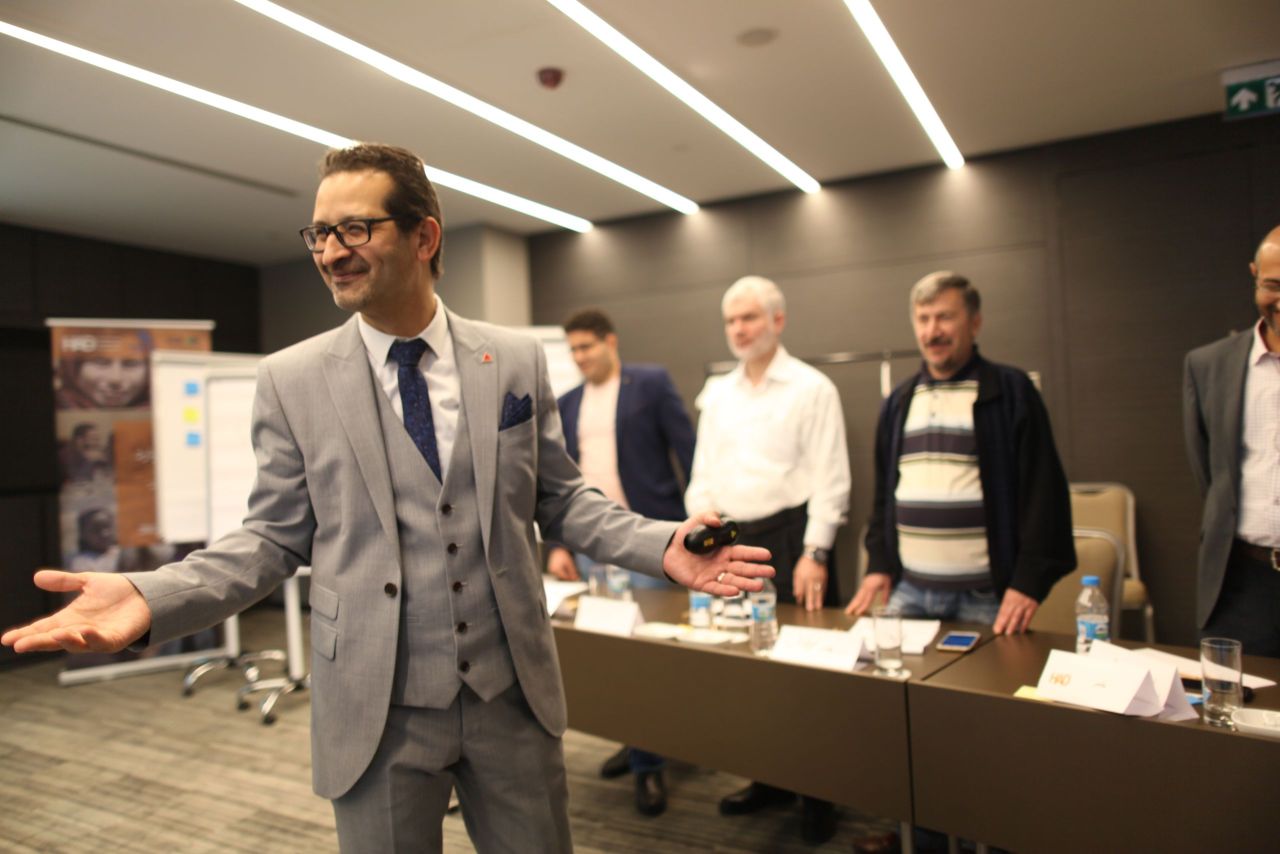
There are key ‘building blocks’ needed for any team to be effective. When every member completes this diagnostic, it gives a very powerful assessment of the team and its functioning. Furthermore, it enables the incisive prioritisation of team areas needing remedial work.
The diagnostic can be a desktop exercise initially. However, it does subsequently need face-to-face contact with the team in a workshop in order to feedback and interpret the findings and identify the way ahead for the team. This can take half a day but often prefaces a full team building workshop.
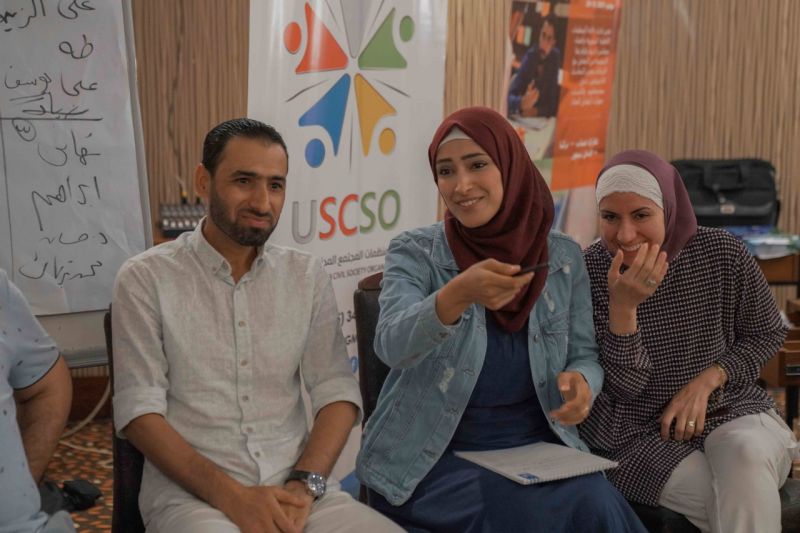
Teamwork needs to be worked at. Team meetings are nearly always meetings of the team, rather than meetings about the team; meetings usually focus on work matters instead of how the team works. Done well, a team building event is like a ‘boot camp’ for any workgroup, that clarifies the team’s focus, gives a better sense of direction, can alleviate conflicts, tensions and misunderstandings and generally sorts out problems that are usually overlooked in the hurly-burley of everyday workload.
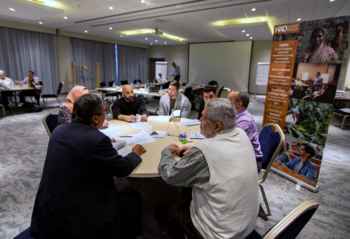
Belbin Team Inventory
A self-assessment behavioural test that identifies each team member’s preference for nine Team Roles and consequently how he or she behaves in a team environment. When applied to a whole team, the inventory can highlight gaps in essential team roles and also duplications and therefore possible clashes.
This can be carried out initially as a desktop exercise, with or without a team meeting. However, in order to generate effective feedback and ensure a full understanding of the implications of the assessments, some time with whole the team is necessary – typically half a day would suffice.

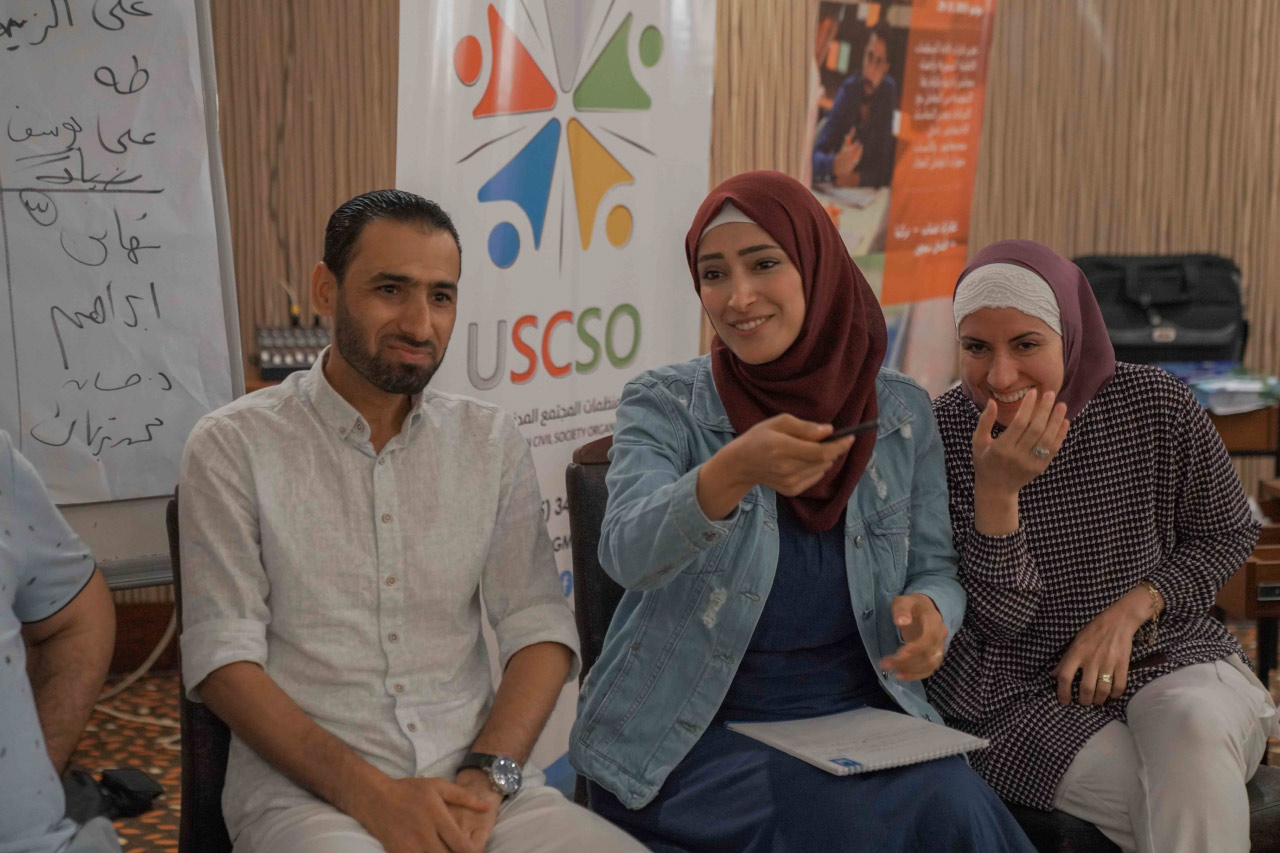
Team Development Analysis
There are key ‘building blocks’ needed for any team to be effective. When every member completes this diagnostic, it gives a very powerful assessment of the team and its functioning. Furthermore, it enables the incisive prioritisation of team areas needing remedial work.
The diagnostic can be a desktop exercise initially. However, it does subsequently need face-to-face contact with the team in a workshop in order to feedback and interpret the findings and identify the way ahead for the team. This can take half a day but often prefaces a full team building workshop.
Team Building Workshops
Teamwork needs to be worked at. Team meetings are nearly always meetings of the team, rather than meetings about the team; meetings usually focus on work matters instead of how the team works. Done well, a team building event is like a ‘boot camp’ for any workgroup, that clarifies the team’s focus, gives a better sense of direction, can alleviate conflicts, tensions and misunderstandings and generally sorts out problems that are usually overlooked in the hurly-burley of everyday workload.
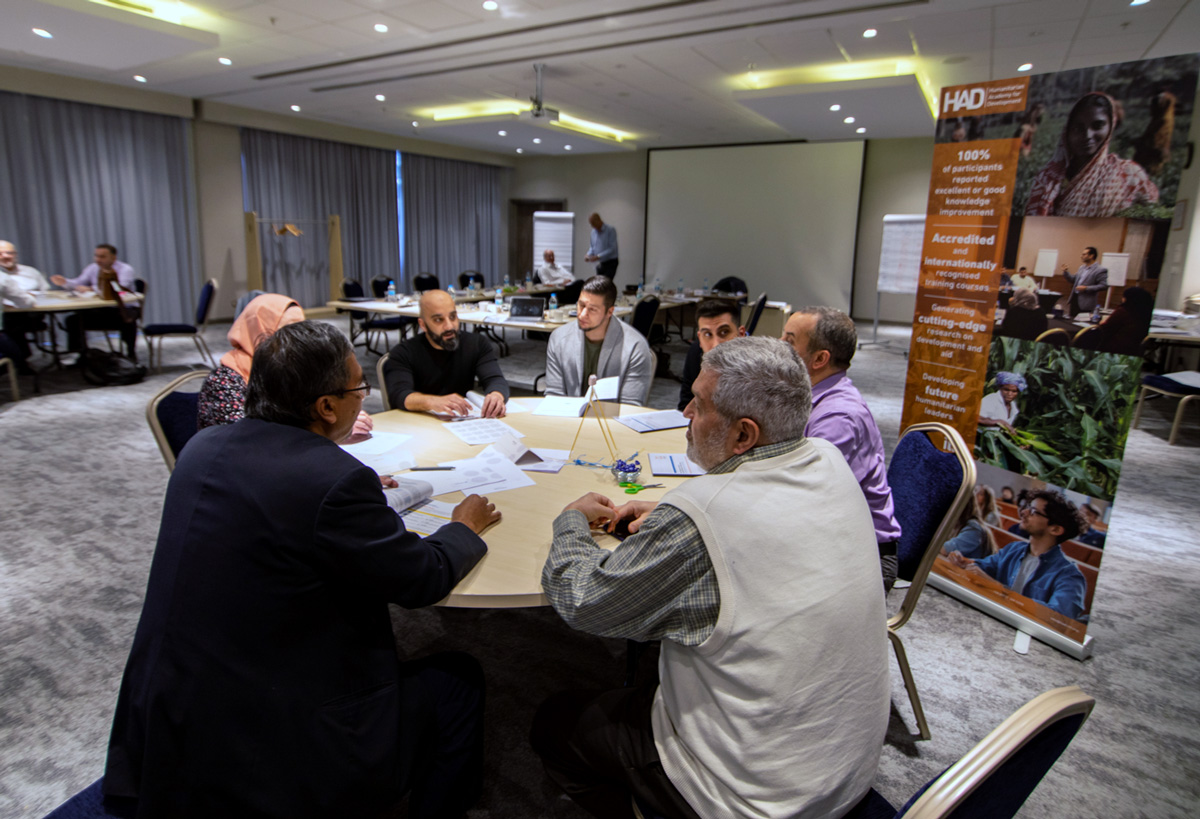
Consultancy Services for Individuals
Consultancy Services for Individuals

The diagnostic can be a desktop exercise initially. However, it does subsequently need face-to-face contact with the team in a workshop in order to feedback and interpret the findings and identify the way ahead for the team. This can take half a day but often prefaces a full team building workshop.

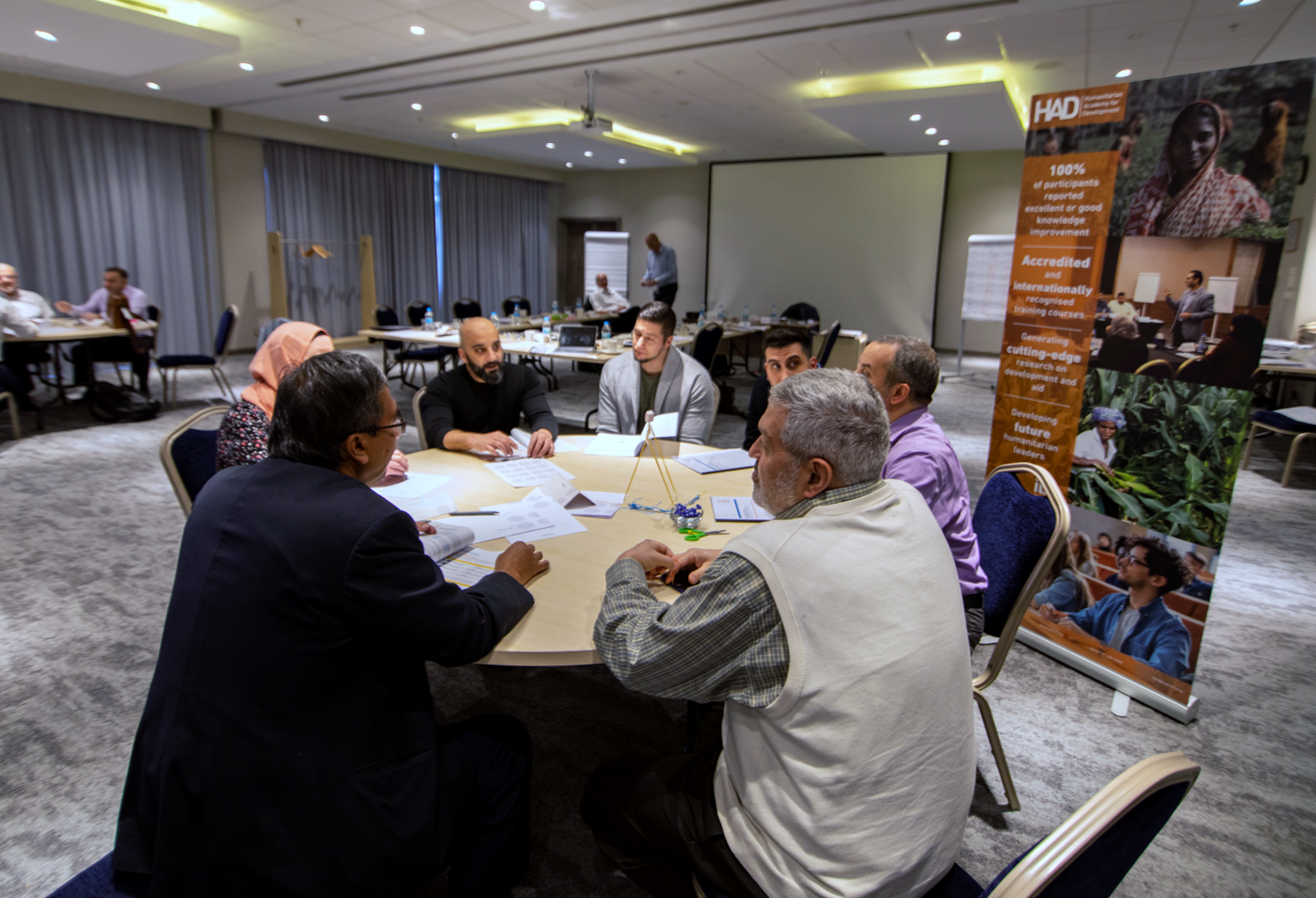
Belbin Team Inventory
A self-assessment behavioural test that identifies each team member’s preference for nine Team Roles and consequently how he or she behaves in a team environment. When applied to a whole team, the inventory can highlight gaps in essential team roles and also duplications and therefore possible clashes.
This can be carried out initially as a desktop exercise, with or without a team meeting. However, in order to generate effective feedback and ensure a full understanding of the implications of the assessments, some time with whole the team is necessary – typically half a day would suffice.


Team Development Analysis
There are key ‘building blocks’ needed for any team to be effective. When every member completes this diagnostic, it gives a very powerful assessment of the team and its functioning. Furthermore, it enables the incisive prioritisation of team areas needing remedial work.
The diagnostic can be a desktop exercise initially. However, it does subsequently need face-to-face contact with the team in a workshop in order to feedback and interpret the findings and identify the way ahead for the team. This can take half a day but often prefaces a full team building workshop.
Team Building Workshops
Teamwork needs to be worked at. Team meetings are nearly always meetings of the team, rather than meetings about the team; meetings usually focus on work matters instead of how the team works. Done well, a team building event is like a ‘boot camp’ for any workgroup, that clarifies the team’s focus, gives a better sense of direction, can alleviate conflicts, tensions and misunderstandings and generally sorts out problems that are usually overlooked in the hurly-burley of everyday workload.
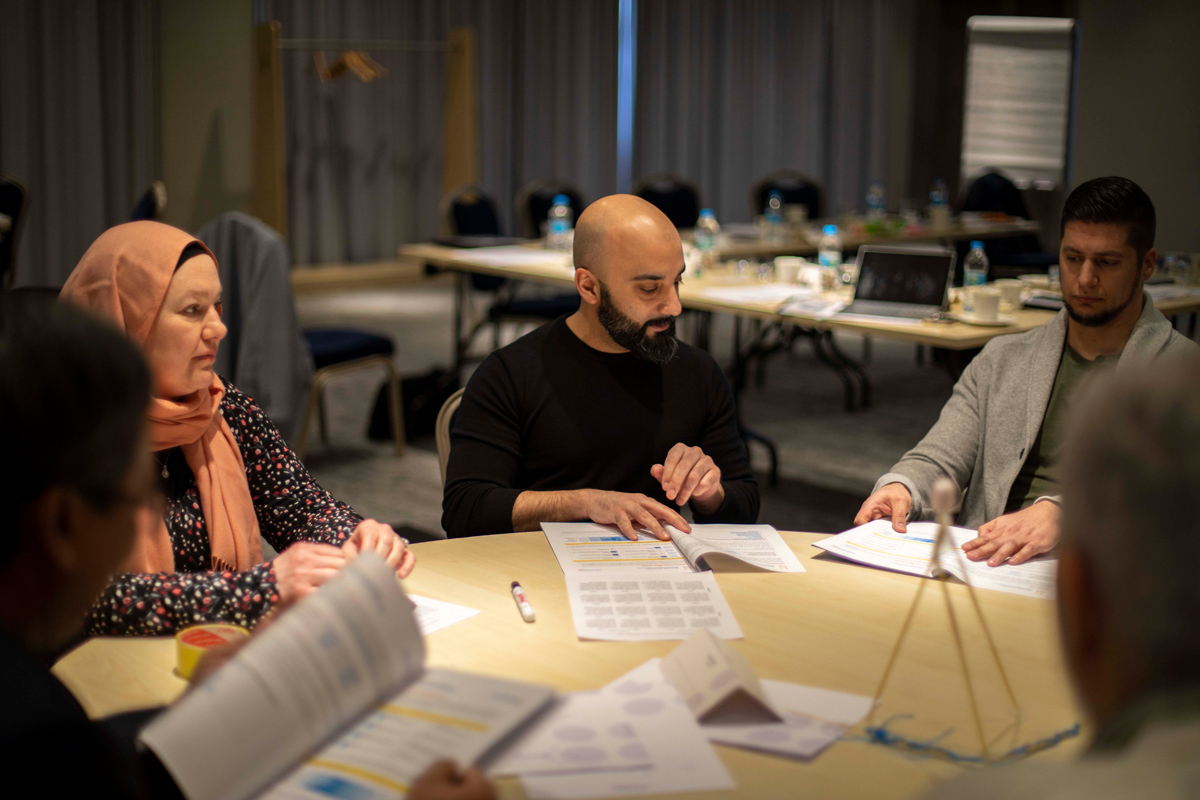
Consultancy Services for Teams
Consultancy Services for Teams

Myers-Briggs Type Indicator (MBTI)
Myers-Briggs Type Indicator (MBTI)
One of the most widely used and respected psychometric instruments in the world, the MBTI, is a self-report inventory that identifies individuals as one of 16 personality types. The goal of the MBTI is to allow respondents to understand their own personalities including their likes, dislikes, strengths, weaknesses, possible career preferences, and compatibility with other people. This can be very helpful to improve team work and also to identify how to overcome any misunderstandings and personality clashes.

360 Feedback
360 Feedback
A limitation of MBTI is that it is based just on self-perception. The remedy is to collect judgements, regarding behaviour and ability, from a variety of points of view: this is 360-degree feedback. It is a process through which, as well as a self-evaluation, feedback is gathered from a line manager, colleagues & peers, subordinates, customers & suppliers.
In understanding oneself, and objectively assessing strengths & weaknesses, 360-degree feedback is invaluable for developmental purposes. It also helps to enhance work skills and behaviours.

Identification of Training Needs (ITN)
Identification of Training Needs (ITN)
Whereas the TNA (see above) examines training needs corporately across the entire organisation, the ITN works one-by-one to analyse the training needs of individuals. It examines the requirements of the person’s job and scrutinises corporate strategy to highlight near-future requirements. Line managers and colleagues might also be interviewed to ascertain their views on the individual’s competence and learning needs.
To this mix is added the person’s preferences and career aspirations – where do they want to be in 5 years’ time? Out of this comes a recommendation for the learning needed for that individual’s immediate and near-future job needs and, to some extent, their longer-term career plans.
Bespoke consultancy
Alongside our award-winning training, HAD offers tailored consultancy to organisations. With over 30 years of on-the-ground experience, our trainers are experts in their fields and can offer a range of consultancy services including but not limited to:
- Development Needs Analysis (DNA)
- Myers–Briggs Type Indicator (MBTI)
- Training Needs Analysis (TNA)
- Identification of Training Needs (IDA)
- 360° Feedback
- Team Development Analysis (TDA)
- Team Building Workshop (TBW)
- Belbin Team Inventory (BTI)
To learn more about our consultancy services or to inquire about a particular service, contact us here:
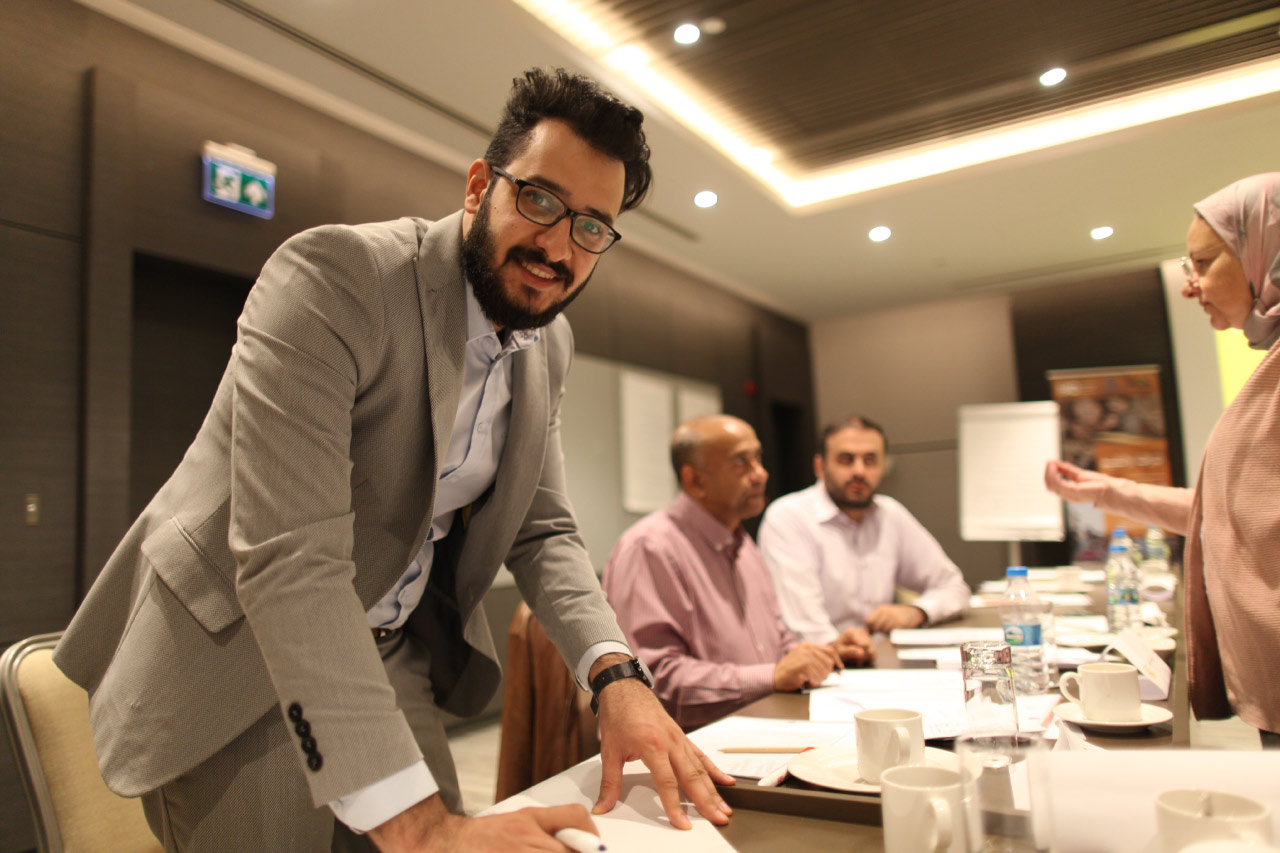
Our clients
Find Out Why People Trust Us

The space and rooms were amazing. The food was good and the hospitality was brilliant. Can’t wait to be back and would highly recommend!
Anonymous

Thank you for the space, it’s an excellent venue for meetings and conferences
Humanists Company

The location is good and venue. Communication with the representative was smooth, he was very kind and accommodating. Very professional and prompt.
IKRAM Company

Room was a good size and staff were really helpful
Tracy from Barnardo’s

I was very happy with everything and would give an overall rating of 5 stars for the venue and environment.
Ahammed from MPACUK

Train The Trainer Programme was a great opportunity for me to connect with all trainers in the field who know best the context of Yemen and in specific the Civil Society Organisations in Yemen. HAD provided me with the right skills & knowledge to be able to tackle some difficult projects and tasks in my field of work. The academy is helping to leave a legacy and build the true capacity of local CSOs and to also have a team of local experts and trainers like myself who’ll be ready to provide training for the purpose of improving the performance of CSOs for the benefit of the Yemeni citizens.
Khalid from Yemen on the TTT programme

“The training added new information and knowledge to my understanding which reflected in my report writing and proposals directed to stakeholders, decision makers and donors. I am now able to write reports that are more comprehensive clear, and rich with information. Since the training, we have secured new projects and are aiming to have long-term ones as well to ensure we maintain the sustainability of our association and benefit large numbers of vulnerable people in the Gaza Strip who are suffering from difficult conditions.” I’d like to give a massive thank you to HAD who helped me improve my skills and transformed my abilities as a humanitarian.”
Hadeel from occupied Palestine on report writing training

“The programme has given me the opportunity to exchange knowledge and be part of a bigger change for communities in Yemen, as a women.”
Reham from Yemen on the TTT programme

“First, I would like to thank HAD team and the trainer who explained the lesson and the importance of follow-up, evaluation and accountability during our report writing and strategic planning trainings. I found the trainings to be very useful and focused on my needs as a humanitarian working in Iraq.”
Tazhan from Iraq on strategic planning training

“I learned the difference between primary and secondary sources and I benefited a lot, as the workshops were very focused on helping us with the type of work we do in the ministry and really strengthened my abilities & knowledge”
Jinan from Iraq on M&E Training

“It’s a brilliant leadership programme led by some of the finest trainers out there. I’ve definitely learnt a lot in the short space of just a week and can really see myself applying all the skills & knowledge to my role.”
Abdul on LDP training

“Taking on this programme has been an incredible journey so far. When I think about the things we’ve learned, some of my favourite parts have been doing a lot of workshops and hands on activities. There’s a lot of key take aways that can be applied to my day-to-day job and it’s been phenomenal to see how they can teach us the ways we can go about to be effective leaders. I would definitely recommend HAD for any learning needs you have.”
Faghya on LDP training

“ Working within the humanitarian sector could sometime feel like being in a marathon-constantly running, and sometimes without envisioning a finishing line. This course was a much-needed breathing space, where we had a chance to stop and reflect on our day-to-day job. We learnt about different learning styles, personality traits, and managing change with acceptors and resistors (active and passive) and much more! It was a bit of theory, a bit of practice and lots of fun 😊”
Najah on MDP training

“The way the course was conducted was excellent and served as a good reminder to me about the important of GDPR. It also allowed networking with other people in similar roles to mine”






